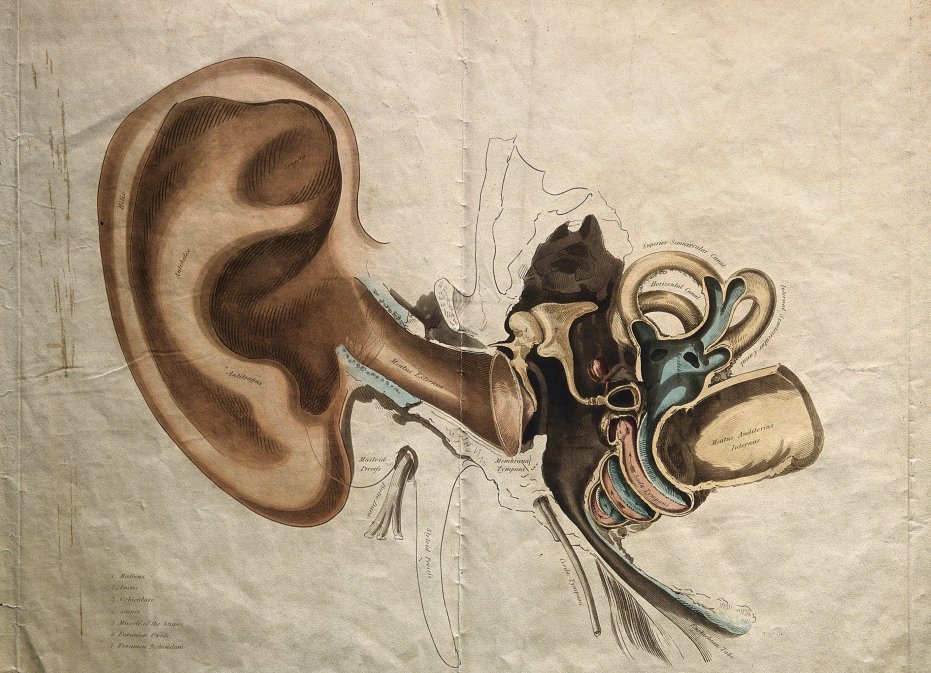FAITH

In which the Apostle Paul takes a baseball bat to the knees of the wise…
This week, I defended my dissertation before a committee of four professors and administrators. In the course of a short hour and a half, I presented them with the problem my research addressed, the research questions I established, a review of the literature I researched about the problem, the methods I used to conduct my own research, my findings, and a summation of what those findings mean as answers to the questions I’d asked. It was the culmination of nearly four years of studying, taking courses, and working independently.
The process goes like this: we logged on (my committee met by zoom, because we were all geographically scattered), the committee quickly gathered independent of me to discuss my dissertation, I presented, and then the committee asked questions of my research. (This is the part where I “defended” my work.) Following that, the committee broke away again to discuss whether or not they felt my work met their expectations–and when they returned, they each had changed their zoom backgrounds to congratulate me. I had earned my doctorate.
It was quite a moment.




